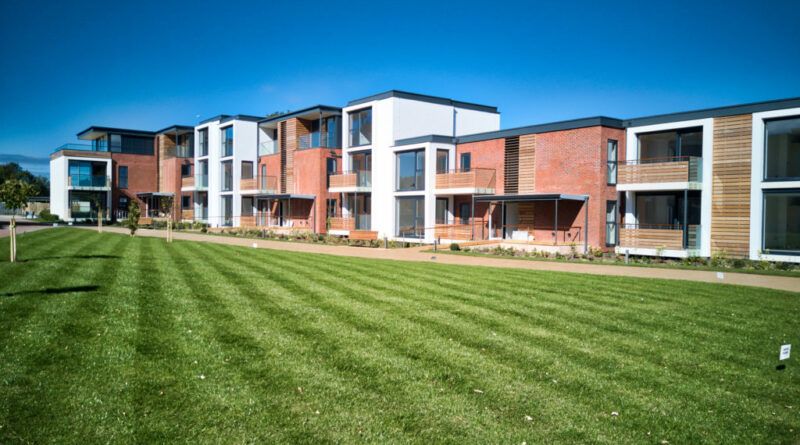UK: The senior living sector is set to see an increased investor focus despite the impact of the Covid-19 pandemic.
Writing in Property Week, Tom Scaife, a partner at Knight Frank and head of the firm’s senior living team, said: “Despite recent weeks of temporary muted activity enforced by the lockdown, we have seen positive sentiment continue especially amongst institutional investors. Clearly the full impact of Covid-19 on the sector has yet to become evident, however the strong fundamentals underpinning investment have not changed. The Covid-19 pandemic will result in a reordering of decision-making priorities for tenants and residents. Topics like infection prevention and control will drive demand, but require us to look at how new schemes are designed as well as staffed and managed. This in turn will lead to a greater desire from investors for professionally managed buildings with an operational focus. In short, the investment case remains compelling, supported by a number of key fundamentals.”
Scaife outlined that the underlying demographic trends underpinning the sector will continue. The UK’s population is ageing and by 2037, it is forecast that 13 per cent of the population will be 75 or older – an increase of more than 60 per cent from today. The second fundamental which supports the investment case for UK senior housing is price growth of independent living and assisted living, which outstrips other residential sectors. Price growth within the sector stands at 55 per cent since 2009 compared to average house price inflation across England of 42 per cent.
He added: “We will also see developers select sites that have a closer proximity to urban locations, developing mixed-use schemes and re-purposing sites currently in other land uses, such as retail. In addition, independent living schemes offering increased numbers of medically trained staff will also be in higher demand. Such schemes will enable operators to incorporate assisted living alongside independent living. Offerings including mixed-tenure and rental-only propositions will also become more widely available, as will more variations on event fee structures, providing increased tenant choice best suited to their financial profile, budget and preference.”
“However to continue moving into a mainstream asset class there are still concerns and issues that need clarifying. Including a uniform plan for meeting the housing needs of our aging population, with local authorities held to account to meet local needs, while seniors housing should be given support in planning policy. Ultimately, there needs to be wider understanding of the benefits of seniors housing. This includes financial savings to local authority care services; release of local family housing back to the market via downsizing; local employment generation; reduced impact on highways and other local services; rejuvenation of high streets with facilities open to the public; and lastly contribution to housing supply targets,” Scaife concluded.
Senior living will be one of the asset classes discussed at the Urban Living Festival in London on November 25 and 26.


